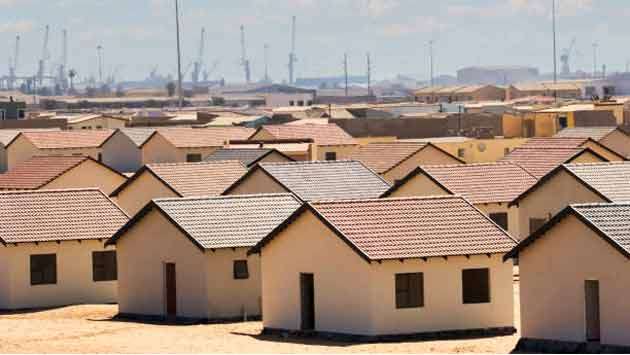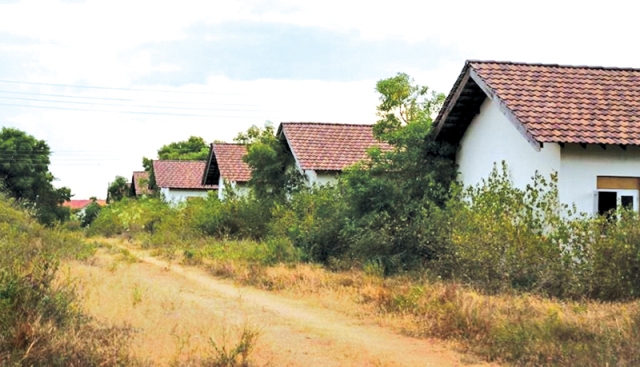NEW YORK: The government is downplaying and protecting the groups who spread hatred and violence against minorities, particularly Muslims in Sri Lanka, the United Nations Human Rights Commissioner Navi Pillay told a UN Human Rights assembly.
In her statement at the 24th United Nations Human Rights Commission (UNHRC) in Geneva, Pillay said that she was “alarmed” at the recent surge in incitement of hatred and violence against religious minorities. She added that attacks on churches and mosques, and “the lack of swift action against the perpetrators” were disturbing.
Since her visit to Sri Lanka last month, the UN Human Rights chief said she has received a compilation of 227 incidents of religious attacks, threats, incitement to hatred against Muslims alone that were recorded between January and July 2013. The details will be shared with the government of Sri Lanka, said Pillay. “There have been numerous other attacks or incitement against Christians and Hindus as well,” she said in her address at the Human Rights Council.
“Regrettably, government interlocutors seemed to downplay this issue or even put the blame on minority communities themselves, and (we) heard disturbing accounts of state patronage or protection given to extremist groups,” Pillay said in her report.
Pillay told the Human Rights council that while she welcomes President Mahinda Rajapaksa’s comments on the need for religious tolerance since her visit to Sri Lanka, he needs to maintain a zero tolerance rate for religious intolerance.
“I urge him (president Rajapaksa) and the government to send the strongest possible signal of zero tolerance for such acts by ensuring that those responsible, who are in many cases easily identifiable, are punished,” said Pillay.
Pillay was in Sri Lanka on a week-long fact finding mission in September, at the end of which she said that Sri Lanka was heading towards a dictatorial rule.
At the ongoing UNHRC, the High Commissioner also followed up on a number of other human rights concerns expressed by the Human Rights Council.
In response to Pillay’s report, Sri Lanka said that its government has at no time downplayed allegations of attacks against minorities, and “strongly rejects accusations of state patronage or protection given to extremist groups.”
Addressing the council, Sri Lanka’s permanent representative to the UN in Geneva, Ravinatha Aryasinha said that Pillay’s “generalisations lack credibility.”
Requesting specific information on such allegations, Aryasinha said that Sri Lanka is planning to criminalise ‘hate speech’. Under the proposed law those found guilty will be liable to imprisonment for a period not less than five years and not exceeding 20 years, said the Aryasinha.
Religious violence, particularly targeting Muslims has been escalating in the Buddhist majority island since the past year.
Several Buddhist organisations, led by the Bodu Bala Sena (BBS) or the Buddhist Task Force, continue to incite the Buddhist community against Muslims with public hate speeches.
The government has been accused of not punishing the perpetrators most of whom are Buddhist monks.
Over the past year, a wave of attacks on mosques and Muslim establishments have been escalating, causing concern among the minority which makes up just 10 per cent of the population.
Post Disclaimer | Support Us
Support Us
The sailanmuslim.com web site entirely supported by individual donors and well wishers. If you regularly visit this site and wish to show your appreciation, or if you wish to see further development of sailanmuslim.com, please donate us
IMPORTANT : All content hosted on sailanmuslim.com is solely for non-commercial purposes and with the permission of original copyright holders. Any other use of the hosted content, such as for financial gain, requires express approval from the copyright owners.
 Sri lanka Muslims Web Portal Sri Lanka Muslims News Center
Sri lanka Muslims Web Portal Sri Lanka Muslims News Center
 Donate
Donate


